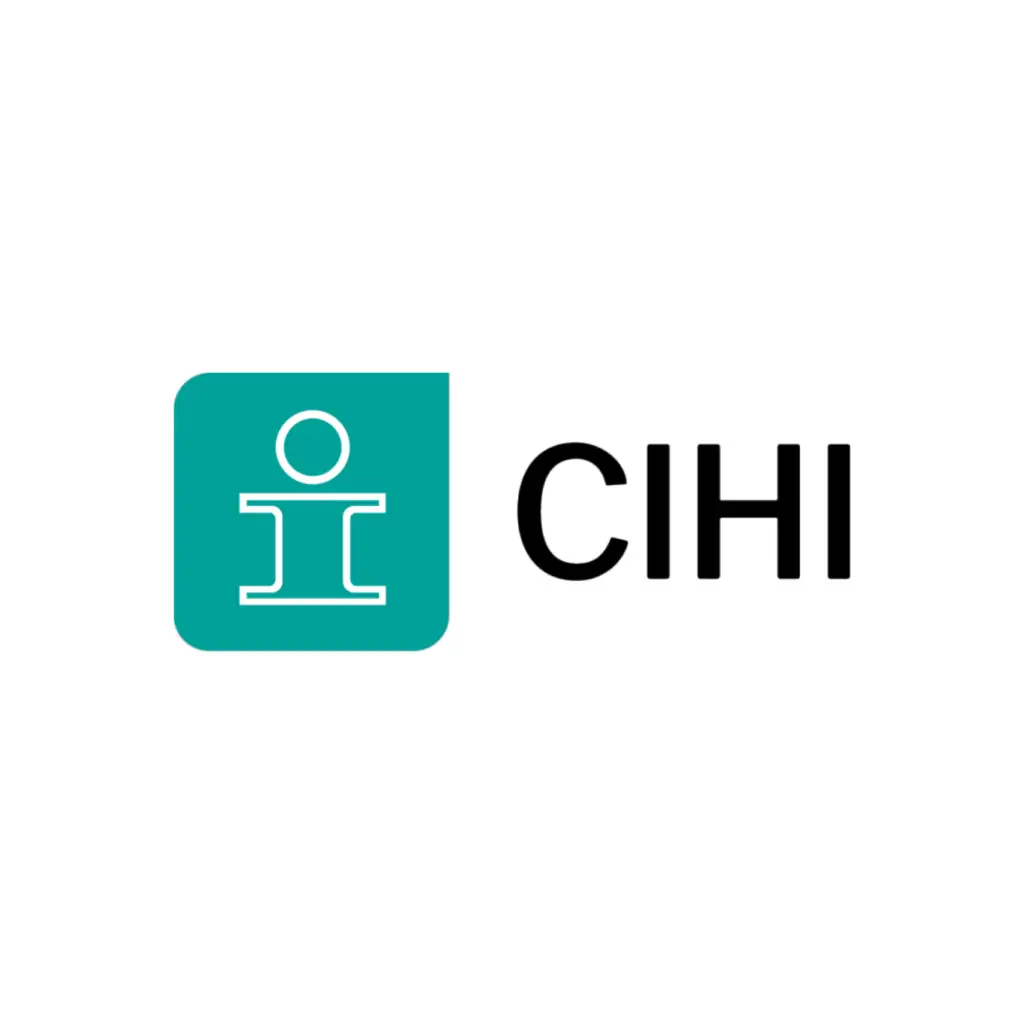By: Canadian Personalized Healthcare Innovation Network (CPHIN)

As a health information management (HIM) professional and a member of the Canadian Health Information Management Association (CHIMA), Monique Rasmussen is committed to protecting sensitive patient data and raising awareness on the critical role that HIM professionals like herself play in ensuring the privacy and security of patients and their data in Canada.
Every time we interact with the healthcare system—from visiting a family doctor, to having bloodwork done, to undergoing a surgical procedure, to filling a drug prescription at the pharmacy—our personal data are being collected, analyzed, and stored. This health data is used by various agencies to inform improvements to the Canadian healthcare system such as provincial healthcare budgets, hospital infrastructure planning and disease surveillance, all of which aim to improve health outcomes. This data is especially important in times of crisis, such as what we are currently experiencing with the COVID-19 pandemic where patient data are helping public health professionals, policymakers, and healthcare providers to monitor the spread of the disease and identify plans to manage the pandemic.
As the amount of personal data being collected through the healthcare system grows, so do concerns about our privacy. Fortunately, there are more than 5,000 highly educated and trained health information management (HIM) professionals who work diligently every day to ensure that Canadians’ data are collected, analyzed and stored according to strict guidelines. The Canadian Health Information Management Association (CHIMA) serves as the national professional association aimed at advancing the health information management profession and working towards a healthy Canada through quality health information. Monique Rasmussen, a member of CHIMA and the Regional Director of Coding and Informatics Services for Health Information Management is responsible for a team of more than 150 HIM professionals in Lower Mainland British Columbia. She describes the role that she and her team play in ensuring that our health data are protected. By raising awareness about the HIM profession, Monique hopes that the public will feel more comfortable knowing that their privacy is protected and that their data is not released to unauthorized parties.
I want to advocate for the health information management profession. Many people do not know about the multiple roles in HIM areas because the majority of our work happens behind the scenes. A tremendous amount of training and education is involved and the work is extremely detailed as we touch every piece of the patient’s health information as part of their journey through the healthcare system.
Monique explains that data privacy is at the forefront of the entire HIM process and is ingrained in everything that they do. To illustrate the typical flow of data, consider a hypothetical scenario where a patient goes to the hospital for a minor medical procedure. When the patient enters the hospital, a registration clerk gathers and enters or confirms initial information about the patient into the patient’s existing electronic health record. After the patient’s appointment, a clinician dictates the patient’s reports with voice recordings, which are then converted into electronic reports in the EHR by medical transcriptionists. Once the record is completed, clinical coders analyze the records and assign standard codes to medical diagnoses and procedures. In parallel, other HIM professionals are working to digitize past records and information not currently in the EHRs (e.g. handwritten notes) to create a complete picture of the patient to ensure a continuum of care when the patient requires additional medical care in the future. Throughout this journey, patient privacy is protected through many measures, including process checklists, strong passwords, and mandatory home office security for HIM professionals.

The protection of privacy starts at the beginning of the data journey. At every point, the patient’s data is protected. Staff are educated on confidentiality as we are handling the most sensitive of information. All HIM professionals have that professional ethic ingrained in them to always protect patient health information.
Monique states that there are also many points during the patient journey—from the moment the patient enters the hospital to before the patient information is transferred or used in analysis—where patients provide consent for the proper use of their data. De-identified health data with proper patient consent can be used in a number of ways. Hospitals use health data to monitor the quality of care against key indicators to help optimize hospital performance. Externally, data are used by Ministries to support funding and infrastructure planning decisions. Medical researchers also rely on de-identified health data to conduct research and generate new insights that will improve care for patients. Importantly, data is also playing a critical role in decision-making with the current COVID-19 pandemic. Patient data are being used by hospitals to improve operations (e.g., decisions to build negative pressure rooms to reduce transmission), by epidemiological researchers to identify patterns in infection across the country and by the Ministry of Health to understand the virus’s cost to the healthcare system.
Health data can help the health system to move in a faster way. It helps by informing a better understanding of trends, gain insights into the management of various diseases and facilitate strategic redevelopment. The COVID-19 data will definitely change many ways healthcare is delivered in the future and how a lot of things are done in care.
A call to Canadians
Because of the work of HIM professionals, patient privacy is protected, and de-identified health data can be used to transform how care is delivered and how diseases are prevented and treated. Leaders in the Canadian healthcare sector need to put resources towards technologies and infrastructure and update Canada’s data policies and guidelines to build on this strong foundation of data protection and prepare us for a future where health data will play an even more crucial role in healthcare decisions.
Every Canadian needs to be part of the conversation and help build a responsible, transparent approach to sharing health data that protects our privacy and enables the best healthcare possible.
About the CPHIN Policy Modernization Group
CPHIN’s Policy Modernization Group is a group of like-minded healthcare stakeholders that include patient advocates, data and privacy lawyers, research ethics experts, doctors, pan-Canadian health organization representatives, industry, and consultants. The group has representation from Manitoba, Ontario, Newfoundland, and Quebec. The purpose of this group is to discuss new personalized health care initiatives from across Canada and to serve as a sounding board for ideas to modernize health and data policy in Canada.
As a member of CPHIN’s Policy Modernization group, CHIMA contributes to discussions around the benefits of health data sharing, overcoming concerns about sharing data, and the need to modernize data policies in Canada.




